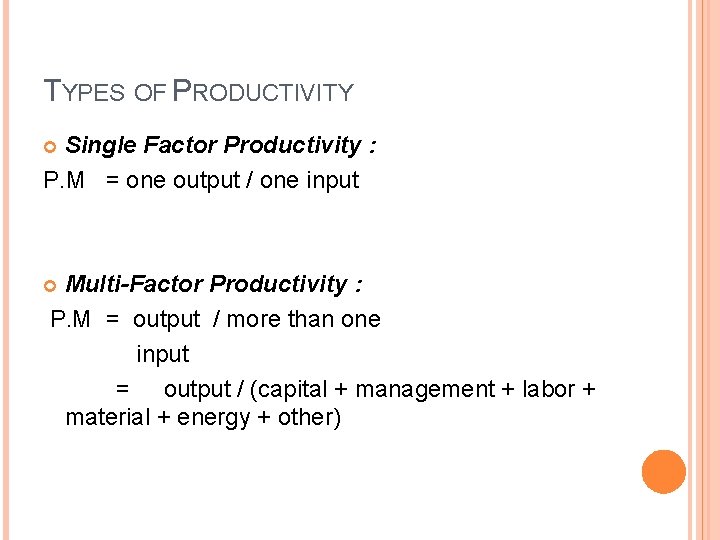multiplication
What Is The Absolute Value of 902/23/2023

The terms “multiple” and “factor” are used in math to find patterns in numbers and to simplify fractions. For example, if two numbers are 8, one can divide the two by 2 to simplify the fraction, and vice versa. In addition, the terms “factor” and “divisor” refer to the same thing. In some cases, one is not a factor of the other, but the other is.
Factors and multiples are both products of two numbers. A multiple is a number that is multiplied by another without leaving a remainder. A factor is created when two different numbers are multiplied together to create a whole. A multiple is an unbounded number, while a factor has a limited number of factors. However, prime numbers have two factors. This allows them to be used in calculations, but the terms can be confusing.
In mathematics, a factor is a number that can be multiplied by another number to make a larger number. A multiple, on the other hand, is a number that can be divided without leaving a remainder. This distinction is crucial in problem-solving. For instance, a number 7 can be divided into two factors. This would be a multiple. Moreover, a multiple of seven is a factor of two non-whole numbers.
A factor is a number that can be multiplied by another number. The minimum number of factors is two. One can find a factor by multiplying a number by two and then adding it to the other. A factor has a minimum of two factors. For example, if a number is an even number, the factor is 2. A factor of 10 is 2×10. The same applies to any other integer. Factoring is a common way to simplify algebraic expressions.
There’s a lot of debate over whether it’s better to focus on multiple factors or key factors when trying to improve your life. Some people say that you should try to work on as many areas of your life as possible, while others say that you should concentrate on just a few key areas.
The truth is that there’s no one right answer – it depends on what works best for you. Some people find that they’re more successful if they work on multiple factors, while others find that they’re more productive if they focus on just a few key areas.
Ultimately, the most important thing is to find what works best for you and to stick with it.
Multiples are numbers that can be divided evenly by another number. In other words, they are the products of two whole numbers. For example, 10 is a multiple of 5 because it can be divided evenly by 5 (10 ÷ 5 = 2).
Factors are numbers that can be used to divide another number evenly. In other words, they are the factors of a number. For example, 3 is a factor of 6 because 6 can be divided evenly by 3 (6 ÷ 3 = 2).
Well, a factor is a number that divides evenly into another number, while a multiple is a number that is equal to the product of two or more numbers. So, every multiple of a number is also a factor of that number, but not every factor is a multiple. For instance, the factors of 12 are 1, 2, 3, 4, 6, and 12. The multiples of 12 are 12, 24, 36, 48… You can see that all of the multiples are also factors (they all divide evenly into 12), but not all of the factors are multiples. Make sense?
0